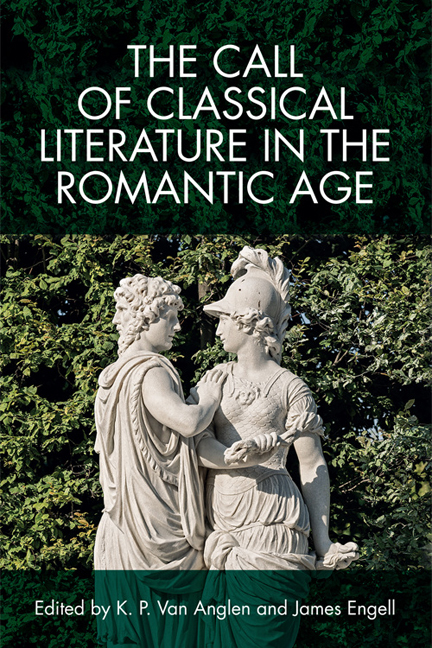7 - Pilgrimage and Epiphany: The Psychological and Political Dynamics of Margaret Fuller’s Mythmaking
Published online by Cambridge University Press: 06 May 2021
Summary
During the 1840s, Margaret Fuller used her extensive knowledge of classical mythology to shape her understanding of the self, society, and social change. Beginning her literary career as a leading member of the Transcendentalist circle in New England, Fuller later moved to New York and then to Europe, as she expanded her literary horizons as a front-page columnist for Horace Greeley's New-York Tribune. In New England, part of Fuller's first conversation class for Boston women was devoted to the subject of mythology. Her comments in those discussions, as well as citations in essays later published in the Dial, reveal her extensive knowledge of Hesiod, Ovid, Virgil, the Greek tragedians, Apuleius, Plutarch, and other ancient authors. In many of her essays and in her poetry, Fuller used mythical models (such as Minerva, Diana, and Isis) to measure the contours of the self and the limits of human potential. Passages in Woman in the Nineteenth Century reveal that she identified closely with the figures of Cassandra (a misunderstood prophetess) and Iphigenia (Agamemnon's daughter, who was sacrificed to obtain favorable winds for the war-fleet sailing to Troy). Throughout her career, Fuller's use of mythological figures was also shaped by her profound identification with alchemical patterns that she found in the mystical writings of Jacob Boehme, Novalis, Goethe, and others. Articulating figures of aspiration, Fuller's syncretic mythical images projected idealized states of personal and social being, as they crystallized in the crucible of her imagination. In a profound sense, Fuller was both a disseminator of the classical mythic tradition and a mythmaker in her own right. Myth, in her hands, is not a dead set of ancient narratives but rather an ongoing tradition that she reinvigorates, as she channels, combines, and reframes mythical energies that mesh with her vision of personal and cultural transformation.
In order to change the conditions of being it is necessary to reconfigure the cultural imaginary, which defines the limits of the self and of human potential. Fuller encountered a new image of selfhood in Emerson's concept of “self-reliance.” Like Emerson, she firmly believed that the self's independence was firmly anchored in the direct intuition of inner creative power, which Emerson in his essay “Self- Reliance” characterized as the “god … within.”
- Type
- Chapter
- Information
- The Call of Classical Literature in the Romantic Age , pp. 193 - 219Publisher: Edinburgh University PressPrint publication year: 2017



